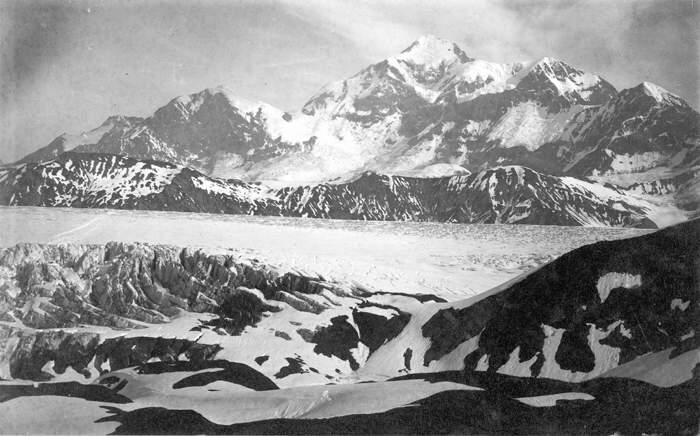As the debate on the impact of climate change continues, a recent study of the St. Elias Mountains on the Alaska coast provided new insights into the interconnectivity of global atmospheric changes and tectonics. Dr. John Jaeger, Associate Professor in the Department of Geological Sciences, was a co-chief scientist for an international team of scientists on a two-month IODP (International Ocean Drilling Program) expedition to the Gulf of Alaska. The team sampled and dated 2.5 miles of sediment that recorded millions of years of erosion history from the St. Elias Mountains. This study was the culmination of a decade of fieldwork in the area and resulted in an unprecedented evaluation of the evolution of erosion and sediment transport rates from a single mountain range over millions of years. The study found that sediments in the Gulf of Alaska were much younger than anticipated, indicating erosion rates are much higher than the rate of tectonic uplift in the St. Elias Mountains. The synchronization of erosion rates with past global climate variations suggest that climate plays a key role in the evolution of our landscape.
“Humans often see mountain ranges as static, unyielding parts of the landscape, but our work has shown that they are actively evolving along with and responding to Earth’s climate, which just shows how truly dynamic and coupled this planet is.” – Dr. John Jaeger

Article:
Mid-Pleistocene climate transition drives net mass loss from rapidly uplifting St. Elias Mountains, Alaska. Gulick et al., 2015 – Proceedings of the National Academy of Sciences
News coverage:
Climate change can tear down mountains – Science Magazine
Climate change can grind down mountains faster than they can be rebuilt – Eureka Alert
Climate change can grind down mountains faster than they can rebuild – National Science Foundation
